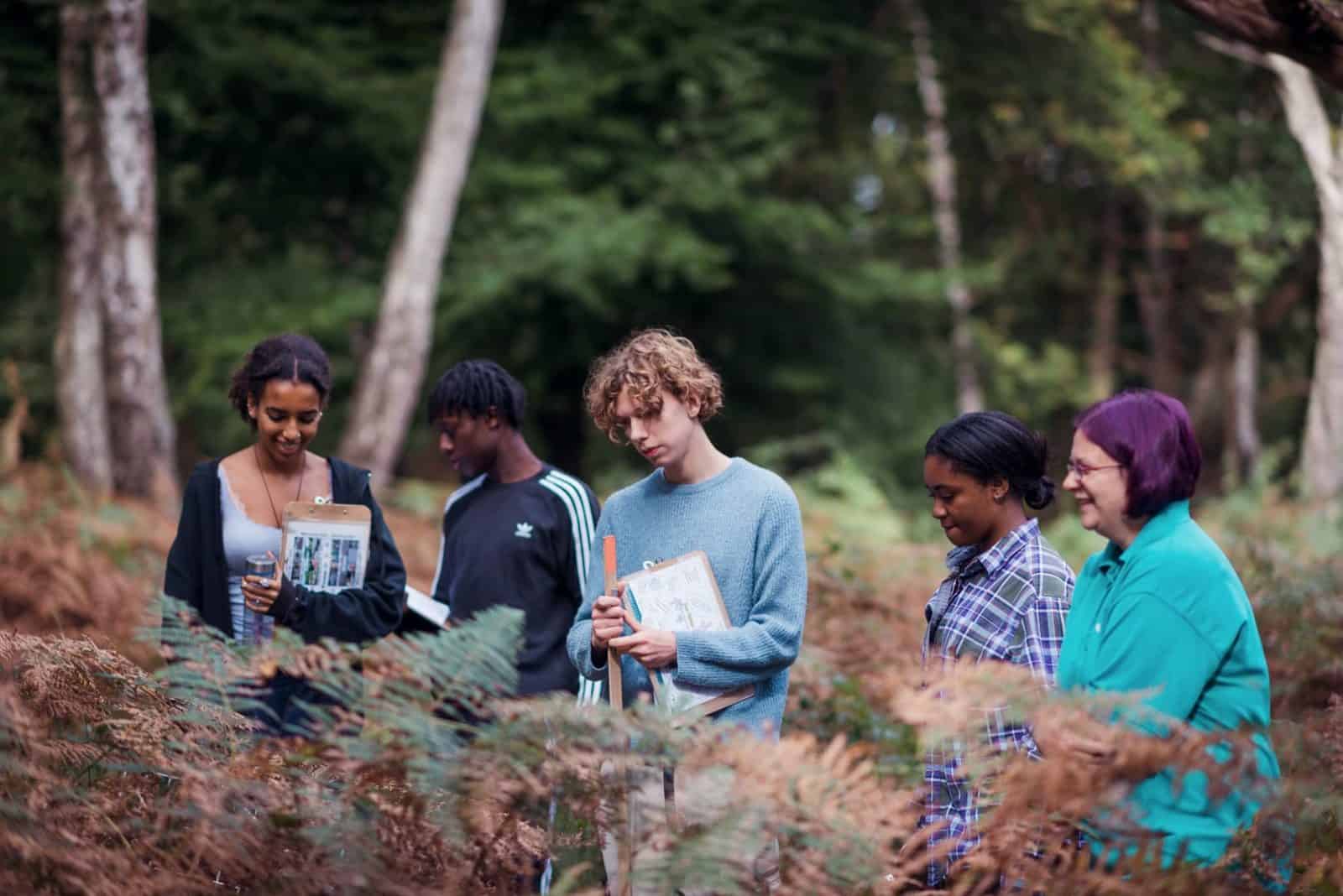Do you have natural history expertise and a desire to inspire and engage others in your learning?
Whether you are new to teaching Natural History, or have been training other adults for years, this course is designed to build confidence, explore best practices, and share experiences.
This Train the Tutor course will cover everything that you need to know to deliver an effective in-person natural history session, including theories of teaching and learning, how to engage others, as well as group and risk management. All the learning will be interactive, with lots of mini activities and time for sharing and discussing experiences. You will also get the opportunity to prepare and deliver a short teaching session in a small group to build your confidence and try out different techniques.
The Field Studies Council has an 80-year history of delivering high quality natural history courses across the country, and we want to up-skill tutors to be able to continue to inspire and enthuse about the natural world.
What will the course cover?
- Theories of teaching and learning
- How to engage others during a course
- Group and risk management
Who should attend?
Anybody who wishes to further develop their in-person training skills to inspire and engage others with the natural world is welcome to register. However, if you are attending with the intention of becoming a Field Studies Council Biodiversity tutor, please note that we ask that you can demonstrate the following:
- Expertise in your chosen area of biodiversity/natural history/ecology.
- Experience in training of adults to achieve learning outcomes for their personal interest or professional development.
- Experience of managing groups safely in an outdoor environment (if interested in delivering courses in person).
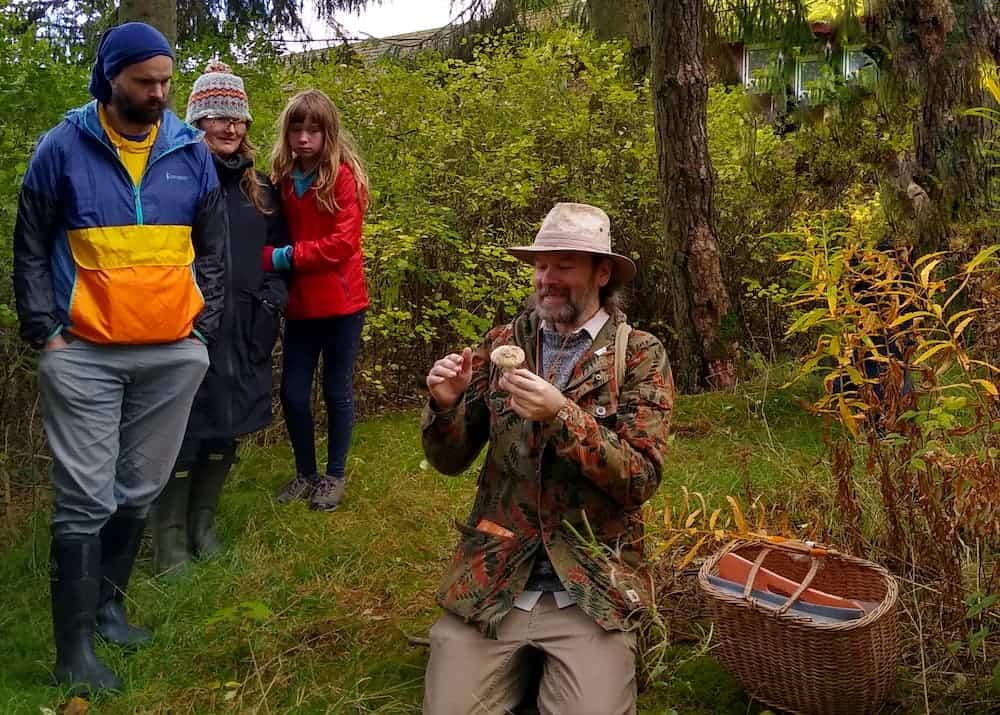
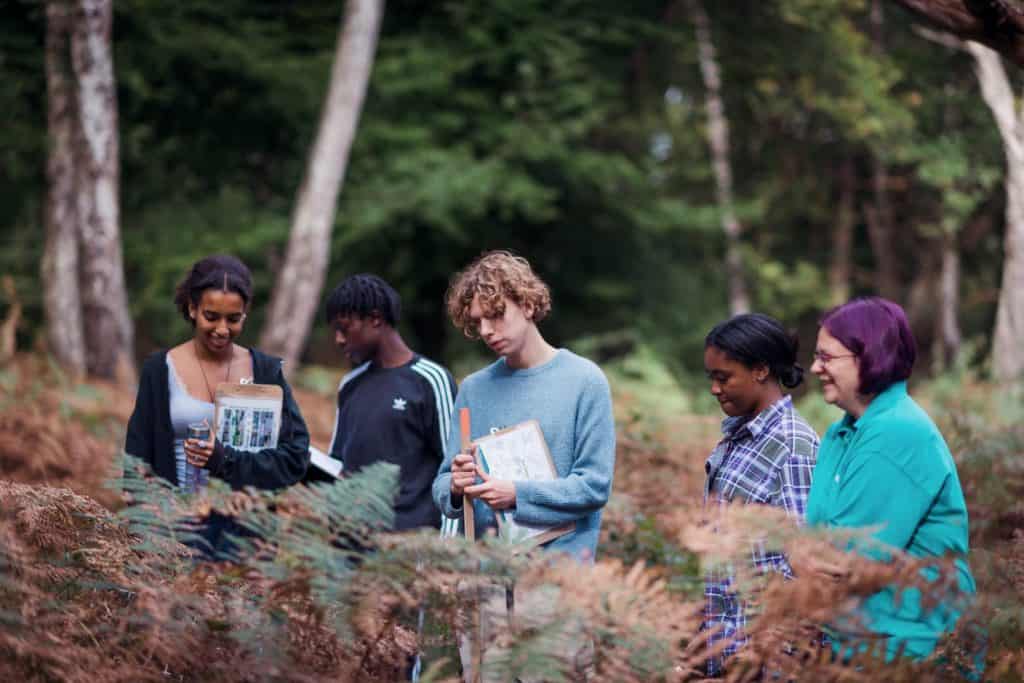
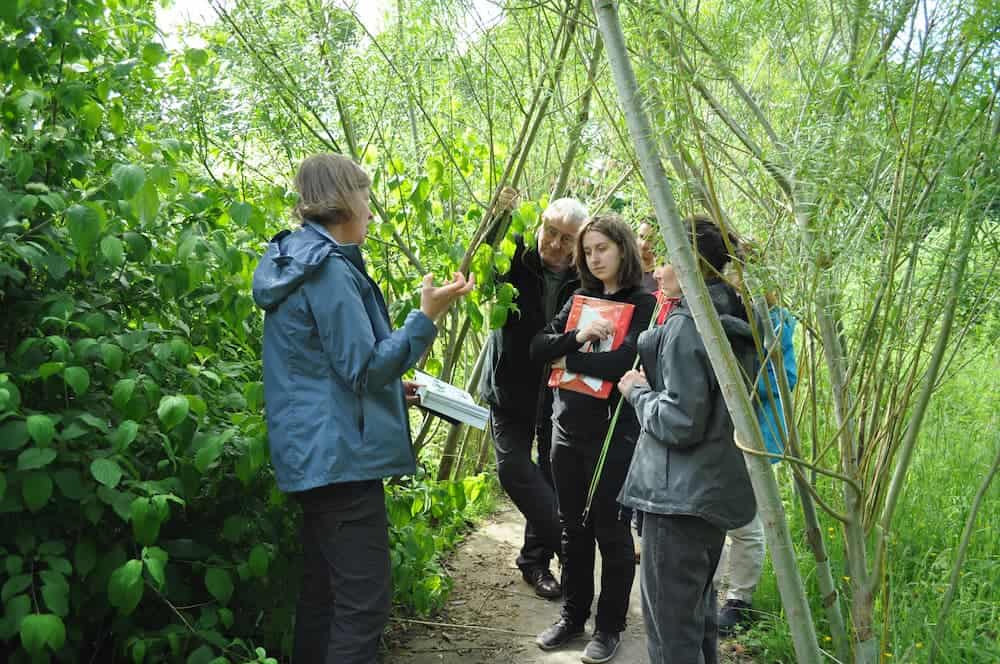
Read More
This course will cover all that you need to know in order to deliver an effective and engaging adult in-person natural history session.
By the end of the course, you will:
- Have further developed skills to inspire, engage, and train others in your area of expertise.
- Have networked with other experts, connecting and learning from each another.
- Have gained new ideas to enhance your teaching, and shared effective approaches with others.
Prior knowledge – we require anyone who becomes a Field Studies Council Biodiversity course tutor to complete our foundation course. This is a two hour self-led course covering the basics of tutoring with the organisation. We highly recommend that you complete this course prior to attendance on the bookable courses. You will be sent login details for this before your in-person course starts.
PLEASE NOTE: There is no accommodation with the price of this course, we will supply lunch and refreshments on the day, this is included in the course price. If we are unable to reach viable numbers for this course, we will inform you of the course cancellation 4-5 weeks prior to the course run. We would recommend when purchasing accommodation and/or travel you should take out your own insurance
Bookings will close if course capacity is reached.
Please email [email protected] if you have any questions.
Please note this course is specifically aimed at delivery of adult courses. This course is not suitable for training children. Please view our Group Leader and Teacher Training or Work with Us pages for those interested in other opportunities with the Field Studies Council.
About the Tutor
The course tutors will be:
Emma Wood
Emma has been with the Field Studies Council for over 6 years. She started by working as a tutor at the Blencathra Field Centre, teaching a mixture of geography and biology to all ages. Since 2023, she has joined the Biodiversity team and oversees the scheduling of In-Person courses, as well as developing the Wildflowers, Grasses, Sedges, and Rushes, and Nature Writing frameworks. Based in Cumbria, Emma loves spending time in the Lake District hills.
Karen Van Oostrum
Karen has a love of plants and the environment, and enjoys sharing this with others, through courses and guided walks.
A Biology graduate of Oxford University with a Ph. D. in wheat genetics, Karen was Head of Education at Cambridge University Botanic Garden from 2006 – 2012 and has worked with people of many ages from diverse backgrounds.
Self-employed since 2013, Karen writes and delivers introductory courses in Botany, hosts school visits at her local Field Studies Council Centre, and supports the teaching of plant science in Primary Schools through INSET and pupil workshops. Karen volunteers with her local environment group in the Chilterns, leading guided walks and overseeing work parties.
Mollie Clay
Mollie is a biodiversity learning development officer based in Cornwall. Her previous experience involves working as an educator in schools and for organisations such as the RSPB and Earthwatch. Mollie enjoys supporting learners to engage with nature and the environment and much of her time focuses on supporting young people and individuals from marginalised groups to participate in natural history studies.
Morag Boyd
Morag Boyd is a countryside professional with 30 years experience working in a range of countryside and conservation professions. In a varied career, she has worked in a variety of roles including countryside ranger in various locations, lecturer in countryside management for Elmwood College in Fife, conservation shepherd for the Scottish Wildlife Trust and now she combines a contract with Scottish Badgers, recruiting and training volunteers for the national Get Sett Scottish Badger Survey with freelance work training teachers to take learning outdoors for Learning Through Landscapes. She also runs her own outdoor nature education business, working with schools and community groups to get children outdoors and learning about nature.
Morag has a broad knowledge of many different aspects of ecology and conservation, with particular interests in badgers, of course, trees and woodland management and botany.
Example Timetable
Example Timetable
This timetable is subject to change but should give a clear outline of what to expect.
10:00-10:30 - Welcome and knowledge share
10:30-11:30 - Covering some basic teaching theory and evaluating examples of teaching resources
11:30-12:30 - Participants plan a mini-teach for the rest of the group
12:30-13:30 - Lunch (provided)
13:30-14:00 - Health and safety - risk assessment
14:00- 15:30 - Teaching sessions, with participants evaluating each other
15:30-16:00 - Introducing the Field Studies Council competency evaluation process
16:00-16:45 - Scenario cards for group management outdoors
16:45-17:00 - Session feedback and questions.
What's Included
The course has been carefully created by expert tutors and educators to help you build your knowledge and apply it within the field surrounded by like-minded individuals.
The course includes:
- Classroom learning covering the theory of the subject
- Expert tuition for which the Field Studies Council is renowned
- Clear objectives and progression
- Lunch
You can rest assured that quality content from an expert in environmental education will be provided. In choosing a Field Studies Council course, you will be joining thousands of people who learn with us each year.
Bursaries and Subsidies
Trees for Climate Action
Field Studies Council is able to offer partially funded places on this training course thanks to the wonderful support of the Trees for Climate Action project led by Trees for Cities. This project is funded by the National Lottery Community Fund. The project will deliver inter-generational, tree-related activities for young people to build their knowledge and learn new skills from environmental professionals and experienced volunteers, mobilising young people to take positive action against climate change.
To learn more about the project, please click here.
Before You Attend
What to bring
- Pen/pencil
- Notebook
- Appropriate clothes and footwear for spending time outside
- Small bag to carry personal items
There will be a member of staff with first aid training and access to a first aid kit on site. If you have special medical or access requirements, please let us know as soon as possible so we can plan the course.
Opportunities to attend this course
-
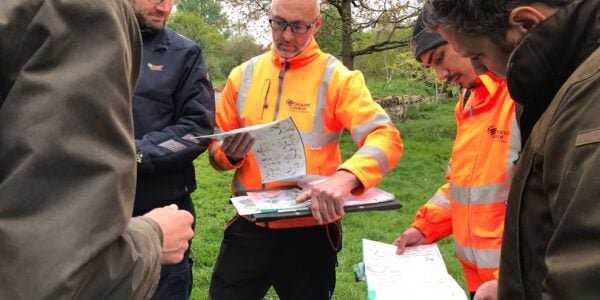
Mon 03, June 2024 10:00 - 17:00
Sorry this course is out of stock
-

-

Sun 22, September 2024 10:00 - 17:00
Biodiversity: Train the Online Trainer
We also offer training for tutors delivering online courses.
Progress Your Learning
This is a training course from the Field Studies Council, delivered by expert tutors with an approachable learning style. After attending this course, you may like to progress your learning with further relevant courses or branch out into other areas of natural history. The Field Studies Council offers both online and in person courses, so you can choose the learning style that suits you best.
The course gives you the opportunity to immerse yourself in a new subject and acquire novel skills. Our online portal gives you time to study at your own pace and fit the lessons around your own schedule.
If you have any questions about our courses please check out our Frequently Asked Questions or email [email protected].

